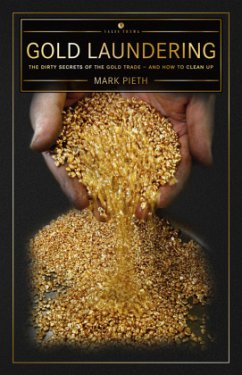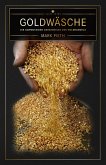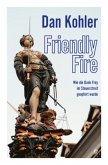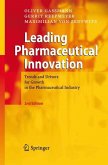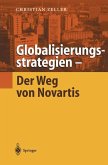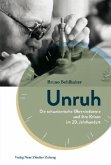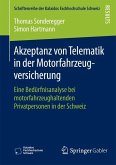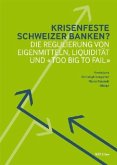This hard-hitting, exclusively researched depiction of a key area of economic policy takes us both to the glittering world of gold refining and to the world's worst mining regions. Mark Pieth illuminates the historical roots of the gold trade before turning his attention to today's supply chains, from mines to refineries and clandestine intermediaries to consumers: central banks, investors, jewellers and watchmakers. He reveals some of the horrific problems caused by gold mining that still receive little attention due to a lack of binding regulations: severe environmental destruction, forced labour and human trafficking, land grabbing, stolen assets and money laundering. The author manages to make these complex topics easy to understand and hard to ignore.Switzerland is not only a major power in the financial sector and commodity market - whose scandalous workings were revealed by the Swiss NGO Berne Declaration (now Public Eye) in the book Rohstoff, also published by Salis. Switzerland is also a leader in global gold trading. But while the EU, for example, has recently turned existing OECD guidelines into binding law, Switzerland continues to rely on voluntary self-regulation.

